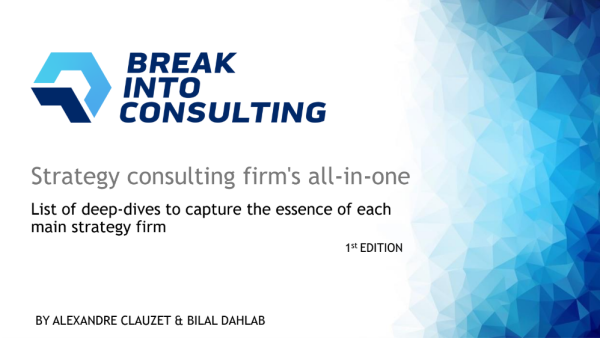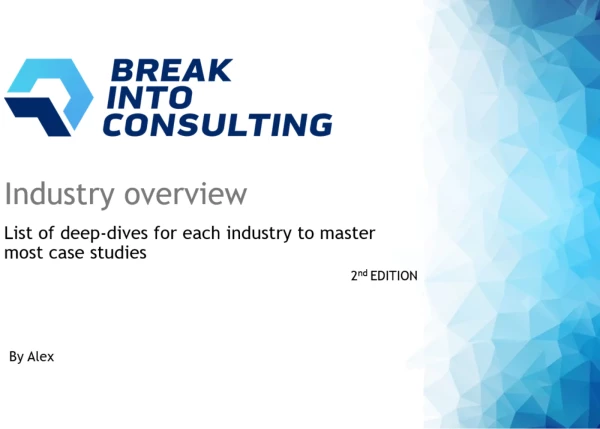In a case interview, is it possible to be rejected for taking too much time to think (but you got all the answers right and had good structured thinking)?
For example, I feel that when I try to rush, I make more mistakes. For example, in 1 minute 30 seconds, I produce a weak framework. But in 2 minutes, I produce a strong MECE framework. If I maintain the 2-2:30 minutes time along with my accuracy, would this hurt me?







